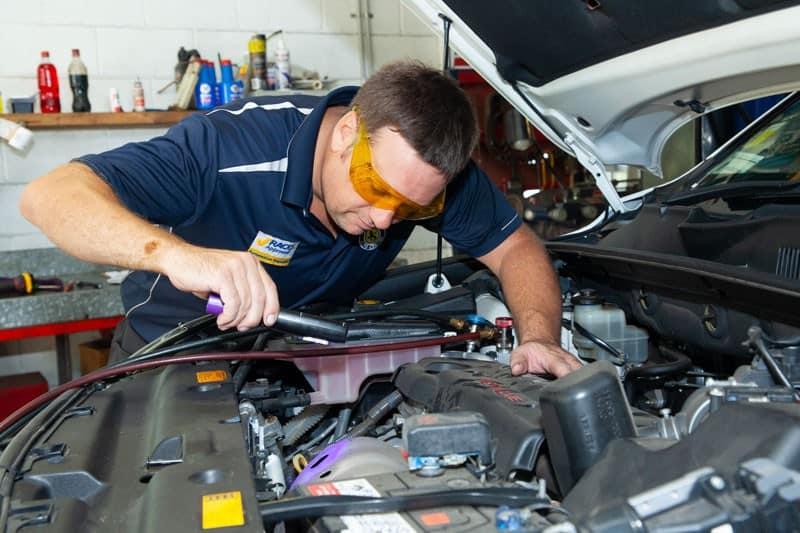A turbine mechanic is a skilled professional who is responsible for the maintenance, repair, and installation of turbines used in power generation. Turbines are complex machines that require specialized knowledge and expertise to operate and maintain. In this article, we will explore the role of a turbine mechanic in the power generation industry.
What is a Turbine Mechanic?
A turbine mechanic is a highly skilled professional who is responsible for the maintenance, repair, and installation of turbines used in power generation. They are trained to work with a variety of turbine types, including gas, steam, and hydroelectric turbines. Turbine mechanics are also responsible for ensuring that turbines operate efficiently and safely, and that they meet all regulatory requirements.
Skills and Qualifications:
To become a turbine mechanic, one must have a strong background in mechanical engineering, electrical engineering, or a related field. Turbine mechanics must also have excellent problem-solving skills, as well as the ability to work well under pressure. They must be able to read and interpret technical manuals and schematics, and have a strong understanding of electrical and mechanical systems.
Responsibilities:
The responsibilities of a turbine mechanic include performing routine maintenance on turbines, troubleshooting and repairing mechanical and electrical issues, and installing new turbines. They must also be able to diagnose and repair problems with turbine control systems, and ensure that turbines are operating at peak efficiency. Turbine mechanics must also be able to work safely in hazardous environments, and follow all safety protocols and regulations.
Career Outlook:
The demand for turbine mechanics is expected to grow in the coming years, as the need for clean and renewable energy sources continues to increase. Turbine mechanics can expect to earn a competitive salary, and may have opportunities for advancement into management or supervisory roles.
Conclusion:
In conclusion, a turbine mechanic plays a critical role in the power generation industry. They are responsible for ensuring that turbines operate efficiently and safely, and that they meet all regulatory requirements. Turbine mechanics must have a strong background in mechanical and electrical engineering, as well as excellent problem-solving skills. With the growing demand for clean and renewable energy sources, the career outlook for turbine mechanics is promising.


